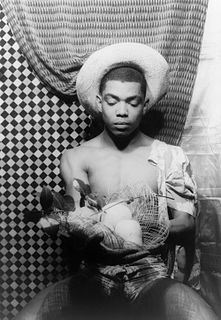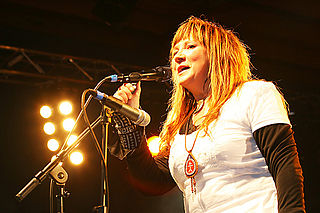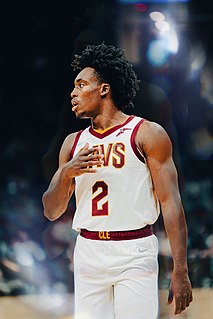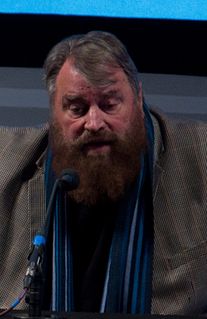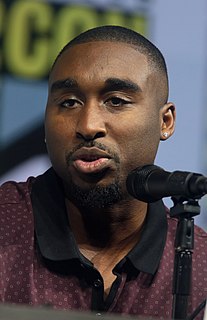A Quote by Alvin Ailey
I wanted to explore black culture, and I wanted that culture to be a revelation.
Quote Topics
Related Quotes
I think I realised, at teachers' training school, that I felt that the culture that I came from, the Sámi culture, was not good enough, so I wanted to be Norwegian or European, I wanted to forget the culture. And then this music started to... in a way I had to ask myself "why is this, and what does all this come from?
I did not disregard my culture, if I did, it was the white American culture, and I accepted my true culture, when I accepted Mohammed Ali, because this is a black name, Islam is the black man's religion, and so I would like to say, that I would like to clarify that point that I reclaimed my real culture, and that's being a black man and wearing a black name with a black body, and not a white name, so I would never say that I didn't disown my culture.
This is more in regards to celebrities. What we've got to understand is that we are the influencers of the hip-hop culture, the black culture. We are the way out, you feel what I'm sayin'? As far as who we look to and where we get stuff from - hip-hop culture is influencing the world, really, but especially the black communities.
I was really inspired by my own experience, and specifically my own identity crisis but larger than that, I also wanted to explore the trend of reverse immigration, of the immigrant returning home after being in a host country or an adopted home for 20 years, and finding themselves at various levels of discord with the home culture. I wanted to explore people building lives across multiple geographies. I think that's, something that we're experiencing more and more as travel becomes easier, as people are traveling more for work. People can work from anywhere.
'Smart Funny and Black' is basically a live black pop culture game show that I created. We have a live band. We have two contestants that we call 'blacksperts.' They come on stage and compete in games that I've created that test their knowledge of black culture, black history, and the black experience.
Since the 1960s, mainstream media has searched out and co-opted the most authentic things it could find in youth culture, whether that was psychedelic culture, anti-war culture, blue jeans culture. Eventually heavy metal culture, rap culture, electronica - they'll look for it and then market it back to kids at the mall.
